28, March 2024
Senegal: Macky Sall holds ‘courteous’ meeting with president-elect Faye 0
Senegal’s anti-establishment leader Bassirou Diomaye Faye, whose weekend election victory could be officially confirmed within days, was welcomed at the presidential palace Thursday by outgoing leader Macky Sall.
The meeting, which came after weeks of crisis surrounding the vote, suggested a swift and peaceful handover in the West African nation that prides itself on democratic stability in a coup-hit region.
Faye, 44, was only freed from prison 10 days before the election, along with his mentor Ousmane Sonko, who was barred from running following a criminal conviction he says was politically motivated.
The outgoing president received both men in what his office called “a courteous meeting where they discussed at length the major issues for the state, as well as the inauguration ceremony”.
According to provisional results, Faye won the first round of the vote outright with 54.3 percent, far ahead of Sall’s hand-picked candidate, former prime minister Amadou Ba.
He came second with 35.8 percent of the vote.
Senegal’s Constitutional Court could declare Faye the official winner before the weekend, which would make a handover possible before April 2, the official end of Sall’s term.
Sall provoked a political crisis in February by suspending the presidential election just days before polls were to open, citing security concerns.
The move sparked protests and clashes that left four people dead, before the Constitutional Court ordered him to set the date for March 24.
Faye, who has never held elected office, is set to become the fifth president of the West African country of around 18 million people.
He has promised to restore national “sovereignty” and implement a programme of “left-wing pan-Africanism”.
Source: AFP
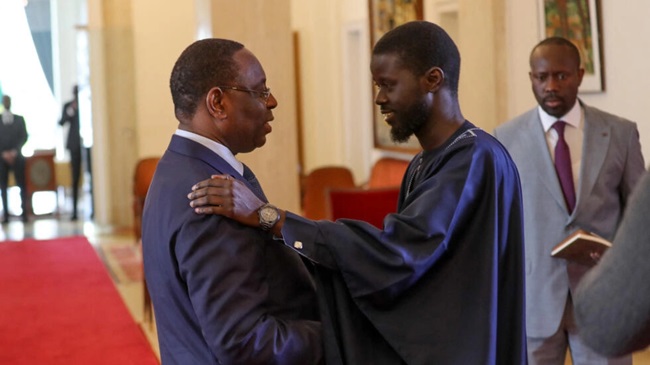
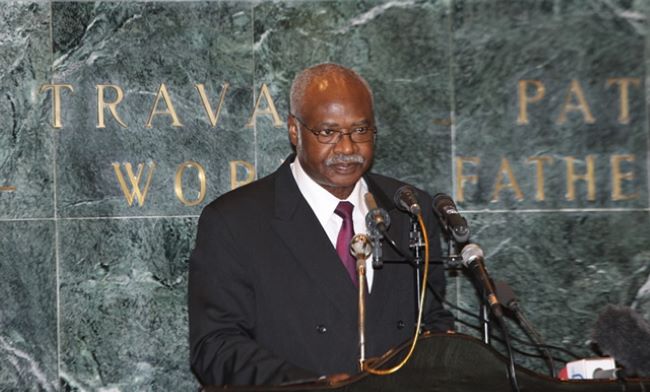

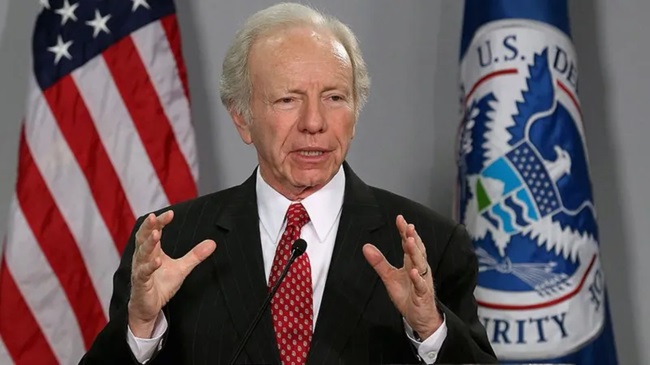
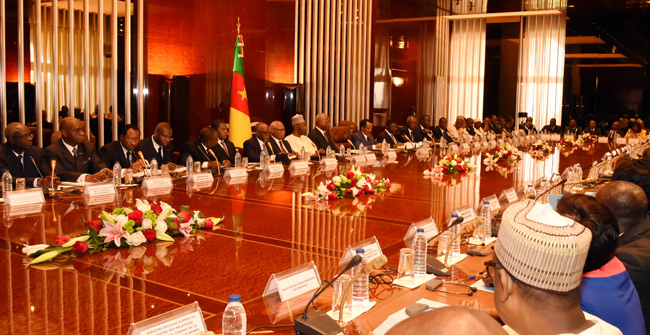
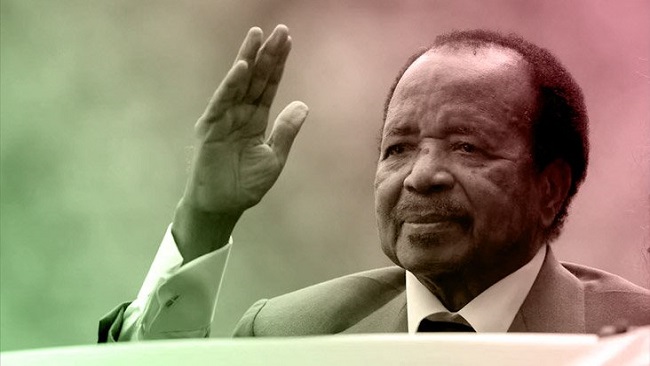
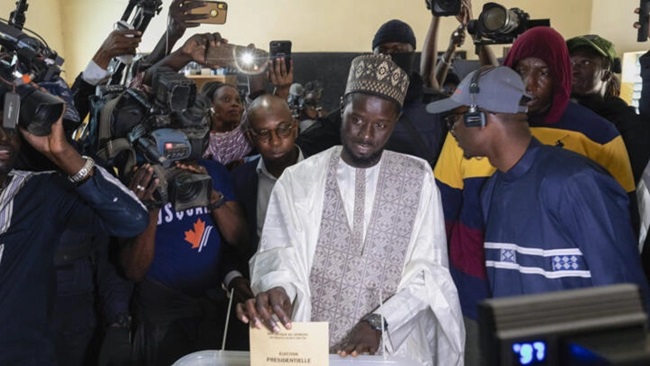
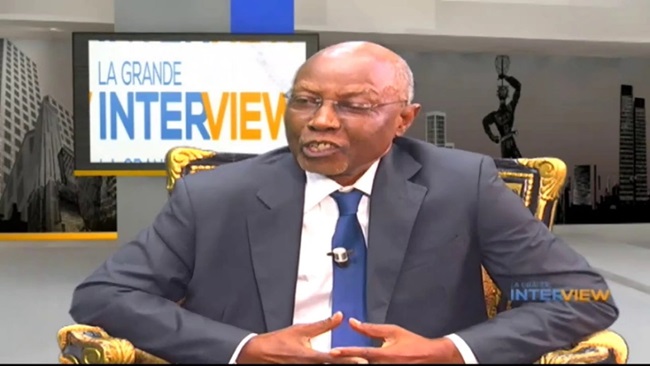
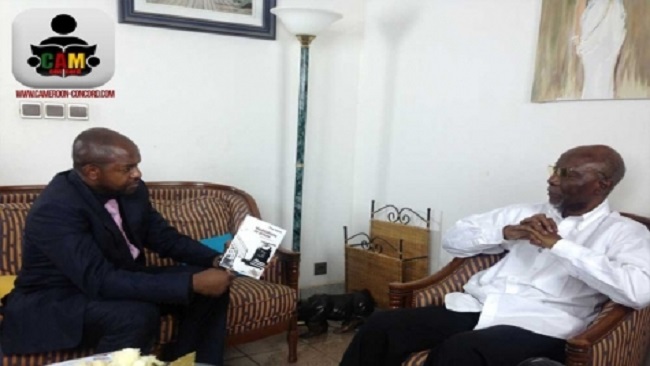


















1, April 2024
Two First Ladies at presidential palace in a Senegal first 0
In the closing moments of the electoral campaign, Senegal’s president-elect Bassirou Diomaye Faye stepped onto the stage holding the hands of both his wives Marie and Absa.
It was an unprecedented sight in the national politics of the West African country and a clear choice by the first-round winner who promises radical change.
Polygamy is a traditional and religious practice firmly anchored in the culture of Senegal where the overwhelming majority is Muslim.
Marie Khone, who until now had never been in the spotlight, comes from the same village as 44-year-old Faye. They married 15 years ago and have four children.
He married his second wife Absa just over a year ago.
“It’s the ultimate recognition of the tradition of polygamy at the top of the state, with a situation that will reflect Senegalese reality,” sociologist Djiby Diakhate said.
Many men praise the practice while women tend to remain “mistrustful”, he added.
Polygamy has long stirred controversy and the public appearance by BDF, as he is known, with his two wives at his side cheered on by thousands of his supporters has made it a top talking point in the media, online and at home, sparking diverse reaction.
“Being a second wife suits me better than being a first,” well-known singer Mia Guisse said proudly in a video that recently went viral.
Reputed sociologist Fatou Sow Sarr said on X, formerly Twitter, that “polygamy, monogamy, polyandry are matrimonial models determined by the history of every nation”.
“These models are now in competition with homosexual marriage,” he added, in a country where homosexuality is punishable by between one and five years in jail.
“I really think that the West has no legitimacy to judge our cultures,” Sarr added in a follow-up message on X.
Nevertheless, many Senegalese women say they find polygamy hypocritical and unfair, while the UN Human Rights Committee said in a 2022 report that it amounted to discrimination against women and should be ended.
‘Totally new’ situation
In her 1979 novel “So Long a Letter”, Senegalese author Mariama Ba was fiercely critical of polygamy, depicting the pain and loneliness of a woman after her husband took a second, younger wife.
Many popular TV series in recent years, like “Mistress of a Married Man” or “Polygamy”, have explored the ups and downs of family life in polygamous households.
Former culture minister and history professor Penda Mbow said the matrimonial situation at the presidential palace now is “totally new”.
“Until now, there was only one First Lady. This means the entire protocol must be reviewed,” he added.
Polygamy is widespread in Senegal particularly in rural areas and is considered a way of widening one’s family.
Islam permits men to take up to four wives providing they have the financial means. In such a case, it calls for equal, alternating time spent with the wives, of between two and three days.
‘Strong signal’
Many marriages are not registered in Senegal, making it difficult to say exactly how many are polygamous.
But according to a 2013 report by the national statistics and demographics agency, 32.5 percent of married Senegalese people were in a polygamous union.
The average age of the women at the time of their marriage was 40.4 years old and 52.9 for men, the report said.
Diakhate, the sociologist, said Faye had sent a “strong signal so that other men also accept their polgygamy and so that they demonstrate transparency like him”.
He said there was “undoubtedly a will” to end hidden polygamy — known in the Wolof language as Takou Souf — which he added would be “a good thing for the economy of the country and for the matrimonial situation”.
In response to detractors, the incoming president, who won 54.28 percent in the March 24 vote, shows nothing but pride in his family situation.
“I have beautiful children because I have wonderful wives. They are very beautiful. I give thanks to God they are always fully behind me,” he said during the presidential race.
Source: AFP